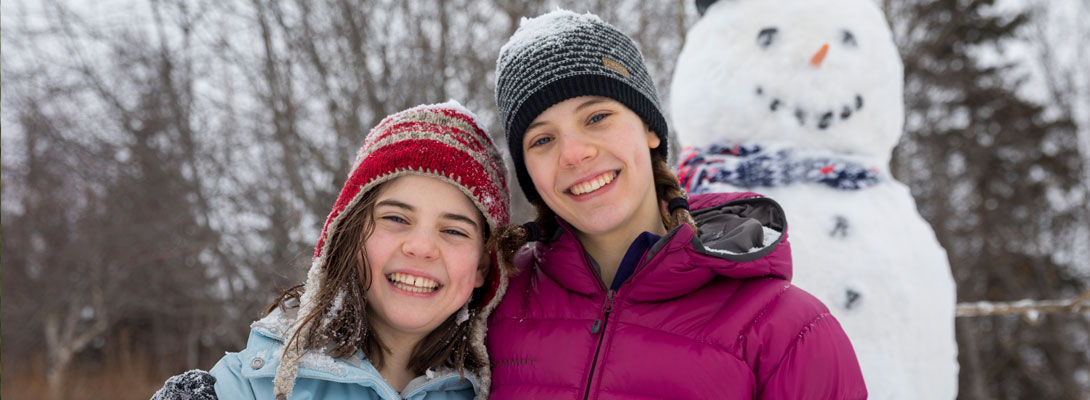
The Mat-Su Health Foundation (MSHF) is currently offering two different funding programs related to the COVID-19 pandemic.
- COVID-19 Behavioral Health Response Grants
- Coronavirus Prevention and Response (CPR) Grants
Please review details of the programs below and note that each has its own guidelines and application.
COVID-19 Behavioral Health Response Grants
Applications remain open for COVID-19 behavioral health response funding for needs that respond to specific recommendations and data in the Mat-Su COVID-19 Related Behavioral Health Needs Report. Interested and eligible organizations can submit a project pitch here. If you have questions and need additional assistance, please contact a program officer.
Among the report’s recommendations that MSHF is interested in supporting through funding to community partners are the following:
- Create a system that ensures front-line workers have access to behavioral health support by identifying and funding sources of behavioral health support for frontline organizations and workers.
- Provide organizations the resources needed to prevent and identify workers burnout, compassion fatigue and vicarious trauma.
- Provide discretionary grants to organizations to be used for self-care, healing and cultural activities.
The MSHF will announce if and when this call for pitches closes. Funding requests will be considered and reviewed as timely as possible, however, requests exceeding $50,000 will need additional time. A MSHF Program Officer will work with the grant applicant on timeline considerations.
Coronavirus Prevention and Response (CPR) Grants
Coronavirus Prevention and Response (CPR) grants of up to $50,000 to eligible Mat-Su nonprofit organizations. These unrestricted grants are designed to support local nonprofits as they address unplanned expenses and/or lost revenue relating to the COVID-19 coronavirus pandemic. Please review our grant guidelines here. Applications submitted under this program will receive expedited handling. Assistance securing a line of credit is also available. These are one-time grants. If an organization has already received a CPR grant and needs additional assistance, they should contact their MSHF program officer.
Each CPR grant application is evaluated by MSHF program staff and prioritized as follows:
- Operational funding, supplies, equipment and other program costs for nonprofit organizations that are trying to minimize exposure for high risk groups while meeting their basic needs*.
- Operational funding, supplies, equipment and other program costs for nonprofit organizations that are working to secure basic needs for all residents (i.e. food banks, homeless prevention program utility and rent payments).
- Operational funding, supplies, equipment and other program costs for licensed nonprofit organizations that are providing childcare and early learning services.
- Operational funding, supplies and equipment and other program costs for nonprofit organizations supporting social connections and positive support activities for youth.
* Basic needs are defined as food security, housing, physical and behavioral health care, toiletries, baby supplies, and transportation for these services and to and from employment.
How to Apply For CPR Grants
CPR grant applications must be submitted online at this link.
Examples of things that may be funded by the CPR grant program include:
- Support to build and develop pandemic education and prevention strategies for an organization’s staff and clients.
- Assistance in communicating with clients about service/outreach changes due to a heightened risk of exposure to coronavirus.
- Funding for critical safety-net needs for the clients of nonprofits, including housing, transportation, medical care, childcare, and food security for those affected by disease, quarantine, or school/agency closures.
- Grants for psycho-social supports and mental health services for staff.
- Quarantine supplies for nonprofit residential programs.
- Unexpected work-from-home expenses, which could include establishing collaboration platforms and secure file sharing.
- Prevention-related expenses for items such as sanitizing supplies and equipment, or professional cleaning of common areas.
- Costs for offering services to a nonprofit’s clients in less risky ways to deliver services (for example, bringing pick-up or home-delivered meals rather than serving congregate meals, and offering virtual rather than in-person service delivery).
- Operating expenses associated with COVID-19, such as lost revenue, continuity planning, or increased labor costs.
- Operating expenses for licensed nonprofit childcare providers related to workforce development, recruitment and retention.
- Programming expenses for youth prevention and resilience activities that are supporting social connections and positive support activities.
Grant funding is not available for the following:
- Reimbursement for any goods or services purchased or provided prior to March 12, 2020.
- Expenses without documentation or invoices.
- Any costs that insurance or state/federal emergency relief funds will cover or reimburse, unless delays will cause critical and/or ongoing program delays.
You will need the following information to complete the application:
- Organization’s Tax I. D. Number
- Organization’s Legal Name and Address
- Organization Also Known As (if applicable).
- Phone, Fax, Email Address, Website address
- Organization Type, i.e., nonprofit, city government, etc.
- Organization’s Primary Contact Information
- Project Title, Request Amount, Project Budget, Term
- Project Start Date and End Date
- Project Description, Statement of Need
- Target Population, Community Support
- Sources of Revenue
- Acknowledgement: Describe how you will generate positive public relations for Mat-Su Health Foundation if you are awarded this grant.
- Project Budget: Please provide a project budget
If you start a CPR grant application and then need to finish it later or make changes, click here. Enter your email and password, and you will have access to all grants associated with your email address. You will also submit required progress reports online through the same link.
If you have any questions about the application process, please send an email to Tracy Kalytiak.
